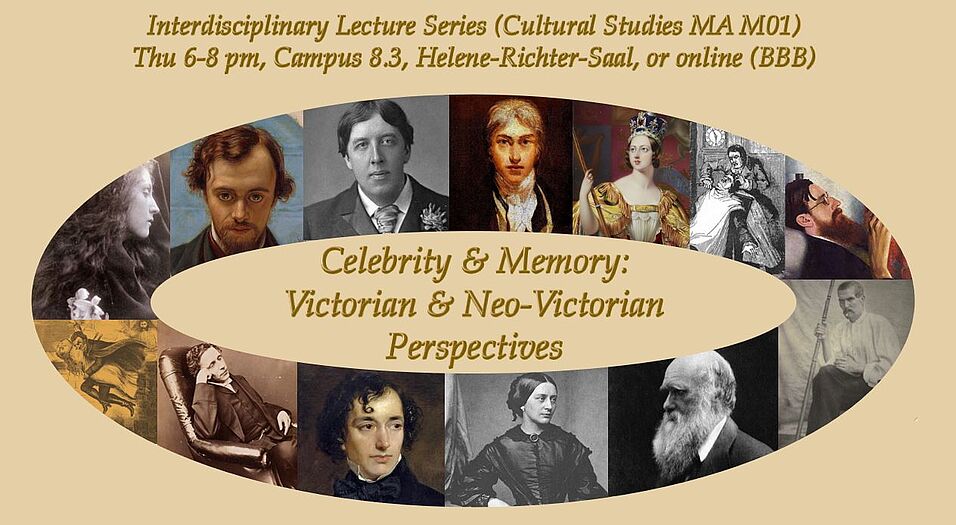As we are moving towards the third decade of the twenty-first century, the nineteenth continues to loom large on our political, cultural, and literary/media horizon. This is especially true for the British context, as the process of the UK's redefinition of its role in the political, economic, and cultural world enters a new phase, with Brexit taking effect at the end of this year. Literature, film, and material culture continue to play an important part in the process of Britain's new self-definition. One of the spaces where this becomes most prominent is the Neo-Victorian fiction, which has gained unprecedented popularity in the last four decades.
Neo-Victorian texts are (at least partially) set in the nineteenth century, but tend to have been written in the latter half of the twentieth or in the early twenty-first century, and often present a perspective on a well-known topic or life, or make a voice heard, that was impossible or silenced during the Victorian Age itself. Adaptive and often revisionist, nostalgic, experimental or self-confidently trashy, these texts help us think through the twenty-first century's ideological investments in the past; they allow us to negotiate our own situatedness and reflect on the way we continue to appropriate/refashion the past for a variety of (cultural, political, aesthetic, educational or financial) purposes. Moreover, these cultural texts are the products (and producers) of contemporary celebrity and memorial culture. This lecture series brings together international Neo-Victorian scholars and writers of (bio-)fiction and poetry who will offer a variety of perspectives on the subject.
The following speakers will share their expertise: Sandra Mayer (Vienna), Julia Lajta-Novak (Vienna), Ann Heilmann (Cardiff), Patricia Duncker (Manchester), Kate Mitchell (Canberra), Nadine Böhm-Schnitker (Bielefeld), Monika Pietrzak-Franger (Vienna), Charlotte Boyce (Portsmouth), Manon Burz-Labrande (Vienna), Tamara Radak (Vienna), Ruth Padel (London), Sylvia Mieszkowski (Vienna).
Due to the ongoing public health crisis, the lectures in this series will take place as online events (Moodle). Students will have access to the talks (ca. 60 min) and other materials provided by the speakers. The last part of the online class (up to 30 minutes) will consist of a Q&A (online-chat on Moodle) to direct questions to the presenter as well as raise more general issues relevant to the lecture series.

